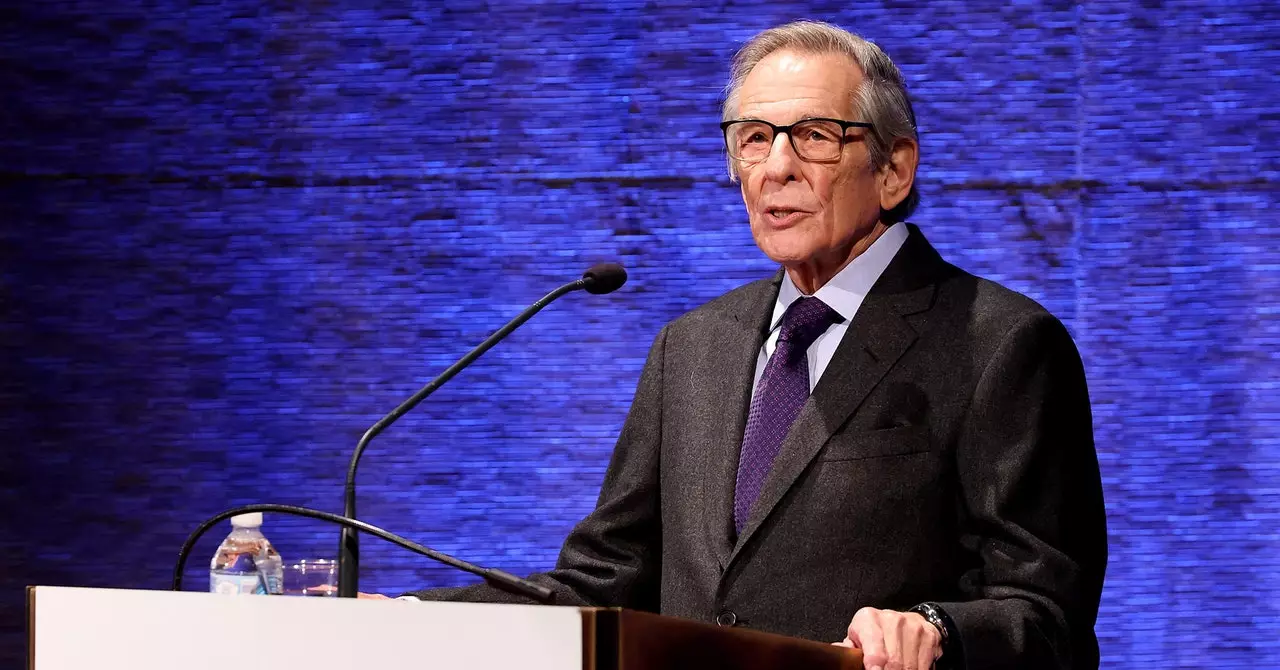The landscape of corporate communication is rapidly changing, with leaders increasingly relying on summarization tools powered by artificial intelligence. While this shift offers convenience and efficiency, it carries significant risks concerning the quality of discourse and decision-making within organizations. In analyzing this trend, it is essential to recognize the potential dangers posed by excessive reliance on summaries and the detrimental effects that might arise from neglecting the art of thorough communication.
One of the most notable advocates for in-depth communication is Jeff Bezos, founder of Amazon. His famous directive to eliminate PowerPoint presentations in favor of detailed six-page memos underscores a philosophy grounded in the value of comprehensive written communication. These memos compelled team members to meticulously consider their proposals, fostering an environment where every word mattered. Bezos’s practice of dedicating the initial portion of meetings to silent reading of these detailed documents promotes a culture of critical thought and engaged discussion. The absence of summaries encourages participants to immerse themselves fully, scrutinizing the nuances that drive informed decision-making.
In contrast, contemporary reliance on artificial intelligence to summarize lengthy documents or meetings can lead to a superficial understanding of complex issues. When leaders prioritize efficiency over depth, the risk of losing critical insights increases. Relying on tools that condense content into bite-sized pieces diminishes the collective grasp of foundational details; the richness inherent in thoughtfully crafted language is easily lost.
A significant consequence of this summary-centric culture is the erosion of writing skills and critical thinking. With the expectation that AI will distill crucial information, individuals may feel disincentivized to engage deeply with the material. Why invest time crafting articulate emails or reports when the reliance on AI can seemingly suffice? This question leads to a concerning development: communication becomes diluted, resembling a third-generation reproduction rather than an original work of thought and expression.
Furthermore, as language becomes secondary to the convenience of summaries, we risk outsourcing our own cognitive abilities to technology. If individuals opt to skip the intricate details of their communications, they might miss out on opportunities for creativity and expression. The result is a generation of professionals who are less articulate, less able to form coherent arguments, and ultimately less effective in conveying their ideas and insights.
The influence of AI on meeting culture further compounds these issues. Conversations with figures like Sam Liang, CEO of Otter, reveal an unsettling trend: the availability of AI-generated summaries leads to reduced human attendance at meetings. If professionals anticipate receiving a comprehensive summary post-meeting, they may choose to bypass direct engagement. This trend, particularly prominent among those in leadership positions, diminishes the value of face-to-face interactions that foster trust, collaboration, and spontaneity. A meeting devoid of essential voices loses its vitality, and the insights derived from in-person discussions bear significantly more weight than those distilled by a machine.
Indeed, the presence of capable leaders contributes to the richness of dialogue. A CEO’s insights can catalyze a team’s direction or illuminate pathways previously unconsidered. Thus, while AI tools like those employed by Otter enhance meeting logistics, they also run the risk of creating a detachment that could hinder collaborative innovation.
To counteract these adverse trends, there is a pressing need for leaders to emphasize the importance of depth over brevity. Organizations would benefit from fostering a culture that values thorough preparation and thoughtful communication. By actively encouraging detailed documentation and comprehensive discussions, leaders can cultivate environments where individuals feel empowered to express their ideas fully.
The importance of this shift cannot be overstated. As technology continues to dominate the realm of communication, preserving the essence of meaningful exchanges will be vital to maintaining productivity, creativity, and connection within teams. Only through consciously prioritizing depth and detail over mere convenience can organizations ensure that they continue to thrive, leveraging the full potential of human intelligence alongside emerging technologies.

